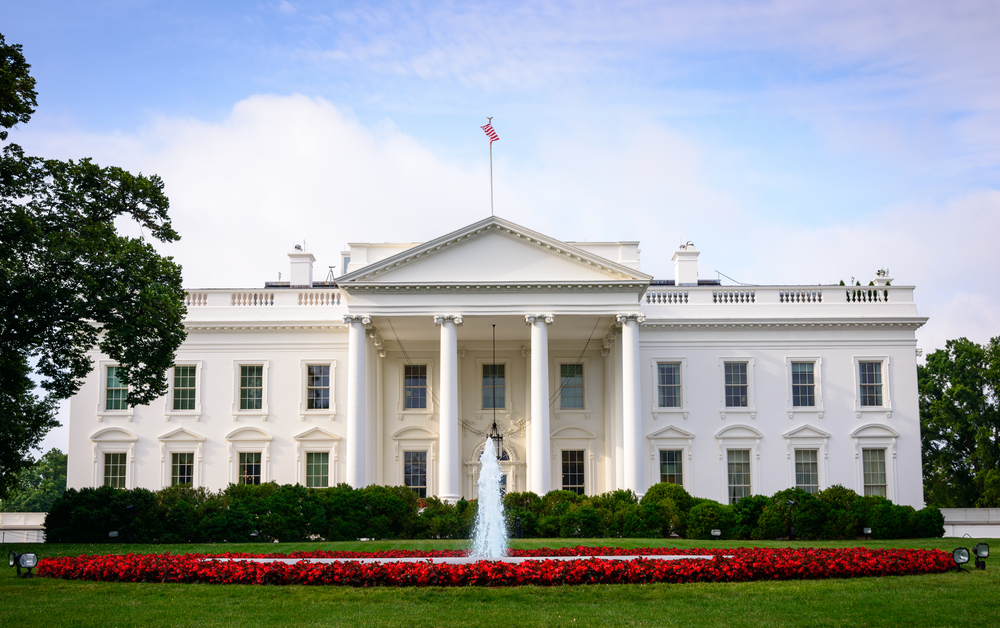Aug. 16, 2021 – As part of his “Build Back Better” agenda, President Joe Biden re-emphasized in a televised address last week that he would like Congress to make changes that would allow Medicare to negotiate drug prices to reduce costs for “millions of Americans.” Specifically, Biden wants to see legislative reforms that would remove the current prohibition on Medicare negotiating drug prices – as it does for other types of healthcare services. This announcement comes as the bipartisan infrastructure plan has cleared the Senate and moved to the House.
For biopharma, the most important changes – with both risks and benefits – will be in the next massive legislative package, the $3.5 trillion reconciliation bill now being framed to be passed alongside the bipartisan infrastructurbill. This second bill would fund initiatives that include healthcare (e.g., adding dental, vision, and hearing coverage to Medicare, potentially opening eligibility to lower age groups, and expanding long-term care). The new spending would be offset by tax increases on businesses and wealthy individuals, plus savings on healthcare costs.
In his remarks on Aug. 12, Biden credited biopharma with innovative work but said there is a need to distinguish between developing breakthroughs and “jacking up prices.” He also cited public opinion polls showing that the majority of Americans support this change, noting that “all of us … can agree that prescription drug prices are outrageously expensive in America.”
Biden called on Congress to:
- Allow Medicare to negotiate prices on drugs as it now can do on other services such as physician or hospital charges; he wants negotiations to be allowed “across the board,” but hinted at a willingness to accept Congressional proposals that focus on the most expensive drugs.
- Extend these negotiated prices to all insurers, so that the benefits of lower drug costs go to everyone, not just Medicare patients (failure to comply would incur an excise tax).
- Limit increases in the price of drugs already on the market to the rate of inflation.
- Cap out-of-pocket prescription expenses for Medicare patients at “about $3,000 per year.”
He also referenced his earlier Executive Orders to increase competition in the economy (which he said would lead to $54 billion in savings over 10 years by increasing the use of generic drugs) and to allow states to import drugs from Canada.
“Biden has endorsed all of these policies before, both as candidate and president, but this speech emphasized his intention to move forward this year,” according to Coalition for Healthcare Communication Executive Director Jon Bigelow. In an Aug. 12 Coalition Industry Leaders Alert, Bigelow added that “tellingly, he couched these proposals less as ways to fund new initiatives in his legislation than as important measures in their own right to ‘address one of the largest out-of-pocket expenses families face.’”
Biden also stated that “too many pharmaceutical companies spend more on stock buybacks, dividends, and executive compensation than on research and development.” Bigelow observed that the temperature in Congress around this issue is already elevated. He pointed out that the chairs of the Senate Budget Committee (Sen. Bernie Sanders (I-Vt.)) and Senate Finance Committee (Ron Wyden (D-Ore.)), who need to find ways to pay for the $3.5 trillion reconciliation bill, have made clear that savings on prescription drug costs will be a major element. He added that House Speaker Nancy Pelosi (D-Calif.) has consistently pushed for allowing Medicare to negotiate drug prices and limiting price increases to inflation.
On Aug. 11, five Democratic senators who face among the most competitive re-election campaigns in next year’s midterms – Sens. Michael Bennet (D-Colo.), Maggie Hassan (D-N.H.), Mark Kelley (D-Ariz.), Catherine Cortez Masto (D-Nev.), and Raphael Warnock (D-Ga.) – introduced an amendment to the reconciliation bill to enable Medicare to negotiate drug prices. “We read this as an effort to put Senate Majority Leader Chuck Schumer (D-N.Y.), who must hold all 50 Democrats together to pass the reconciliation bill, on notice that he would lose their votes if he compromises with others (read, Sen. Joe Manchin, D-W.Va.) in scaling back the drug pricing measures,” Bigelow asserted.
The biopharma industry already viewed the reconciliation bill warily, with its increases in corporate tax rates and limits on avoiding taxes by offshoring intellectual property, he explained. Further, in a statement issued after Biden’s announcement, Pharmaceutical Research and Manufacturers of America (PhRMA) President and CEO Stephen J. Ubl said that the policies Biden outlined “would undermine access to life-saving medicines and fail to address an insurance system that shifts the cost of treatments onto vulnerable patients. Many in Congress know that access to medicine is critical for millions of patients and Medicare is not a piggy bank to be raided to fund other, unrelated government programs. This is a misguided approach.”
“The other side of this, however, is that to the extent reductions in prescription expenses fund expansion of Medicare and the Affordable Care Act, the market for biopharma companies grows as more Americans have health insurance coverage,” Bigelow said. He added that “closer to home for health communicators, there is also a very real threat that a tax on pharmaceutical marketing could emerge from the reconciliation negotiations.”




